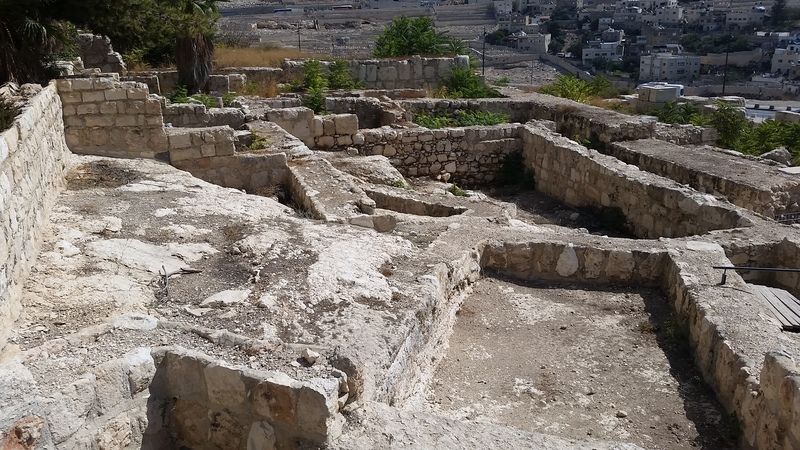Once again, I'm amazed that this should come up on a Baptist Forum. I think, with respect, that you are thinking of certain Anabaptists. The earliest Baptist Confession of Faith of which I'm aware is the London 1644:
XXXIX.
That Baptism is an ordinance of the New Testament, given by Christ, to be dispensed only upon persons professing faith, or that are Disciples, or taught, who upon a profession of faith, ought to be baptized (Added later: "...and after to partake of the Lord's Supper.")
Acts 2:37, 38; 8:36-38; 18:8
XL.
The way and manner of the dispensing of this ordinance the Scripture holds out to be dipping or plunging the whole body under water: it being a sign, must answer the thing signified, which are these: first, the washing the whole soul in the blood of Christ; secondly, that interest the saints have in the death, burial, and resurrection (of Christ) ; thirdly, together with a confirmation of out faith, that as certainly as the body is buried under water, and rises again, so certainly shall the bodies of the saints by raised by the power of Christ, in the day of the resurrection, to reign with Christ.
1) Mat. 3:16; John 3:23; Acts 8:38
2) Rev. 1:5; 7:14; Heb. 10:22
3) Rom. 6:3-5
4) 1 Cor. 15:28, 29
I mentioned the Greek Church fathers in my earlier post. Here are some examples of their understanding ofbaptizo. Remember, I am not advocating their theology, only their understanding of a Greek word:
1. Cyril of Jerusalem,Instruction III, on Baptism XII. ‘For as Jesus assuming the sins of the world died, that having slain sin He might raise you up to righteousness; so also you, going down into the water, and in a manner buried in the waters as He in the rock, are raised again, walking in newness of life.’
2. John Chrysostom. Comment on 1Cor. Discourse XL. I. ‘For to be baptized, and to sink down, then to emerge, is a symbol of the descent into the underworld, and of the descent from there. Therefore Paul calls baptism, the burial, saying, “we were buried therefore, with Him by the baptism into death.”‘
3. Athanasius. Discourse on the Holy Passover, 5. ‘In these benefits you were baptized, O newly-enlightened; the initiation into the grace……has become to you an earnest of resurrection; you have the baptism as a surety of the abode in heaven. You imitated, in the sinking down, the burial of the Master; but you rose again from there, before works, witnessing the works of the resurrection.’
4. Gregory of Nazianus. Discourse XL, on the holy Baptism. ‘Let us therefore be buried with Christ by the baptism, that we may also rise with Him. Let us go down with Him, that we may also be exalted with Him; let us come up with Him, that we may also be glorified with Him.’

